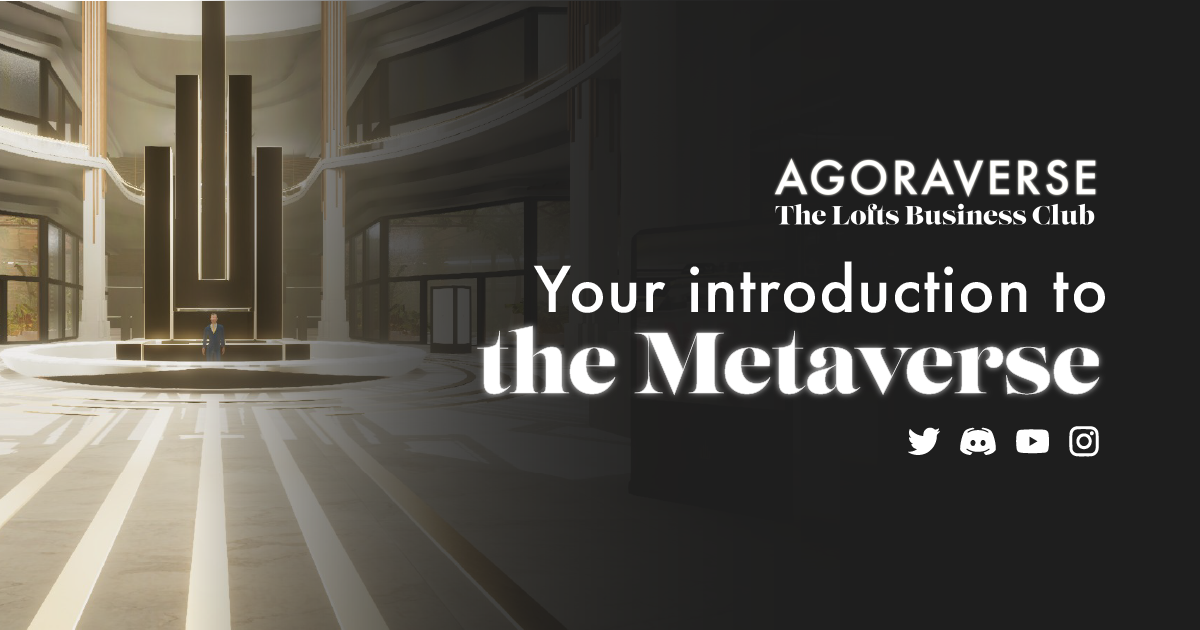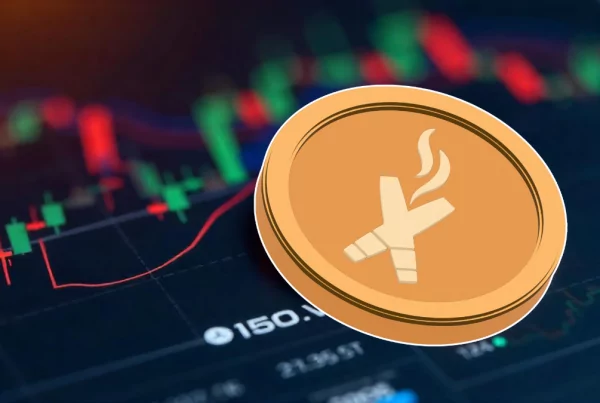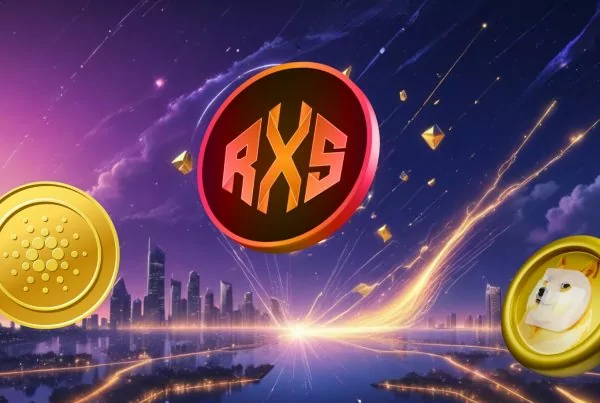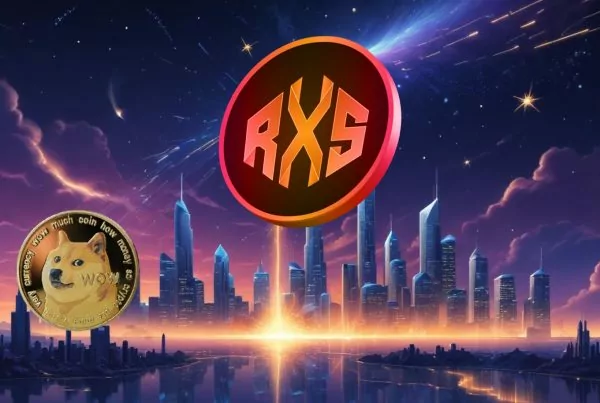
As the world turns digital, the talk of metaverses and virtual worlds has grown to new heights, as every corporation takes a turn to include metaverses into their future plans. This obsessive need for the metaverse kicked off with Facebook’s rebranding to ‘Meta’, bringing alive the wave of non-fungible tokens (NFTs) and the metaverse around the globe. The sudden appreciation for these virtual worlds has set the ecosystem on a path of constant innovation, allowing users to experience everything in the real world within the metaverse.
With the metaverse pegged to reach nearly a trillion dollars by 2024, several corporations and industries are welcoming the idea. Over the past year or so, Apple, Google, Facebook, and Microsoft have all shown interest by investing big money in the space. Additionally, projects in the gaming, real estate, fashion, and other industries have been pulling millions of customers to try out the metaverse. As the adoption rate for metaverse projects grows, even more industries will be expected to launch their virtual worlds.
E-commerce joins the metaverse worlds
Agoraverse, a project built by The Lofts Business Club, is introducing a metaverse for e-commerce, becoming one of the first projects to provide a Web 3.0 immersive virtual shopping centre. The project is powered by the Solana blockchain, taking advantage of the low gas and transaction fees and faster transaction speeds than Ethereum.
As the first of its kind, Agoraverse aims to replicate real-world shopping experiences into the metaverse. The platform enables people to see objects in 3D, travel across the shops and test objects on their avatar, as you would by visiting a real mall or store. The Agora will feature clothing shops, furniture stores, and art shops, including NFTs and any use case that fits with the Metaverse. It will also feature mini-games & leisure areas like restaurants, bars & clubs for roleplayers and gamers.
Furthermore, Agoraverse couples the Solana blockchain’s decentralized qualities with the Unity Game Engine, providing high-resolution virtual reality capabilities for users. This allows users to experience amazing shops in 3D and later in virtual reality, shop for digital and material objects with their friends and family, shop anonymously while protecting their data, and test items in their private space before buying. Finally, users can also earn the native $AGORA token, which can be used within the metaverse realm.
To start off on Agoraverse, users simply need to connect their Solana wallet and select an area, mall, or store (called Metashops) that they’d like to check out and tour. Users will be able to buy items from the metaverse using the $AGORA token. If you buy a digital object, the NFT is sent to your wallet. If you buy a real object, the process is similar to a web 2.0 online shop, meaning you will have to fill in your address and pay with your preferred payment method, which will include cryptocurrencies.
The $AGORA native token
The driving force of the Agoraverse is its native token, $AGORA, which is used as the main shopping currency on the platform. The token is used to rent metashops, buy items from partnered stores, and create a fully functioning shopping experience on Agora. As the Agoraverse team gets more partners and businesses to join the metaverse, the $AGORA token will offer more utility to users, allowing them to buy more virtual and material items.
$AGORA will be released every 6 months, funds will be kept on seven different wallets, readable at any moment on the blockchain. The project is launching its presale of the $AGORA token for whitelisted wallets. A total of 8% of the total circulating tokens will be distributed to the presale investors with a 20% discount for Access Card holders (0.0104$ per token) and a 15% discount for others (0.0110 $ per token). Finally, the public sale will launch shortly after the presale with an additional 8% of the total token supply sold with no discounts. The public sale price will be 0.013 $ per token.



